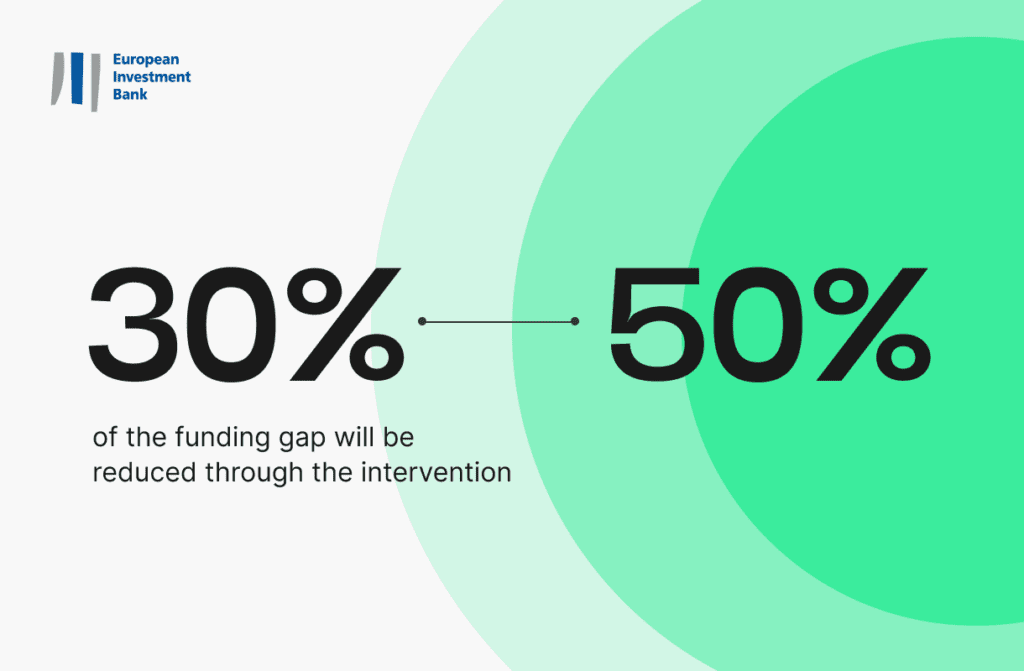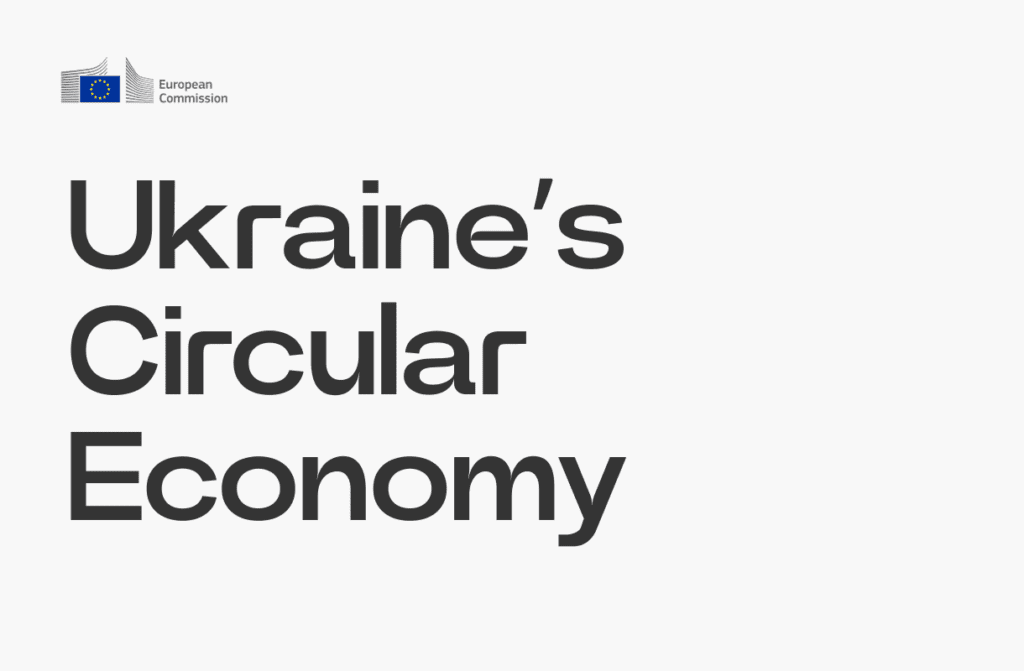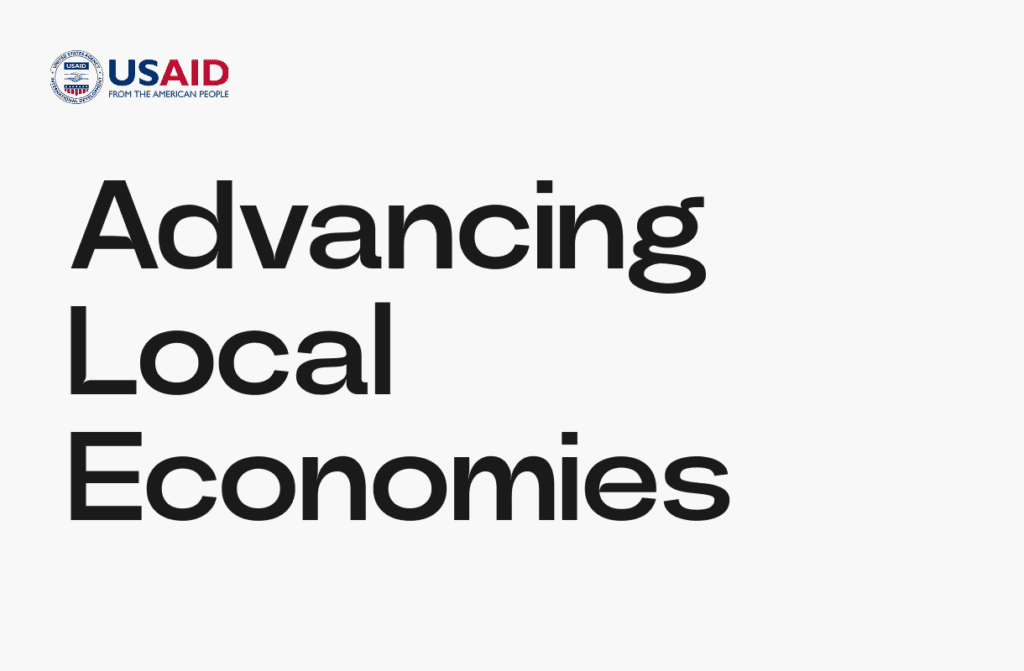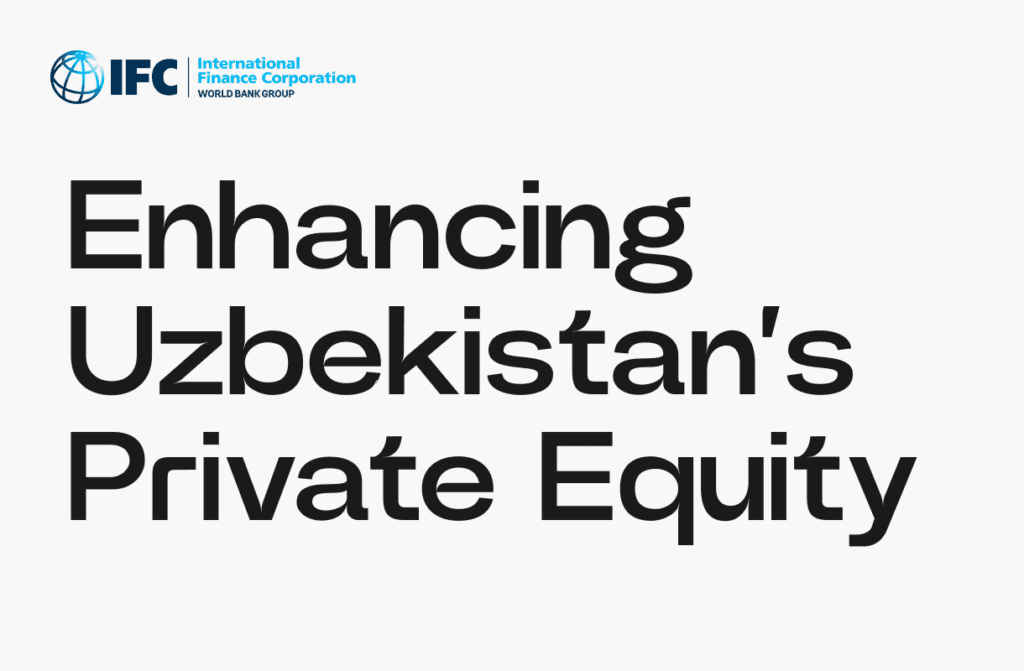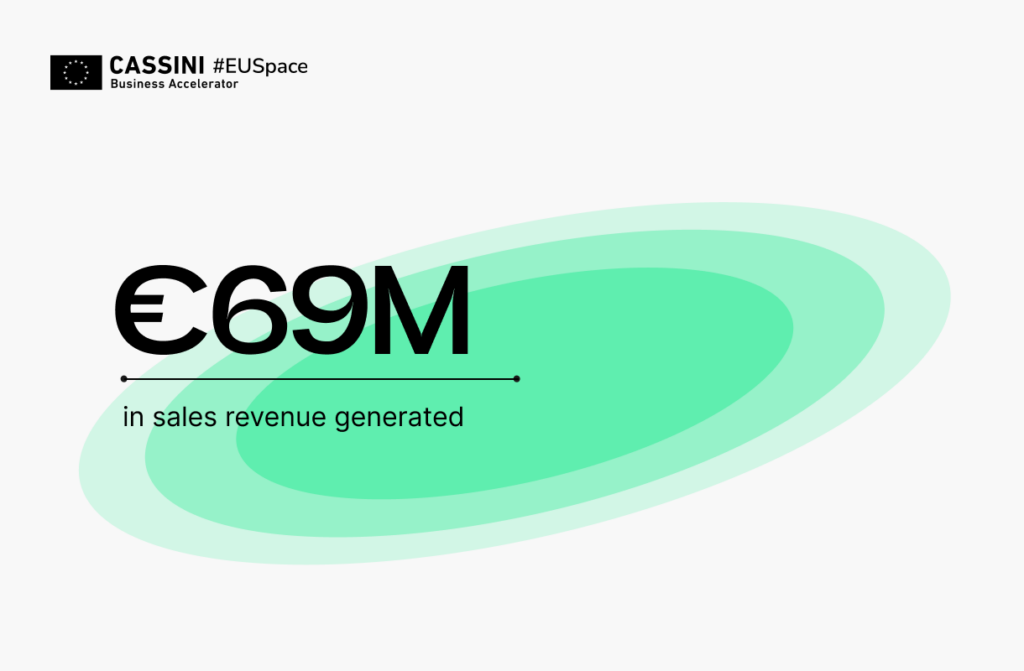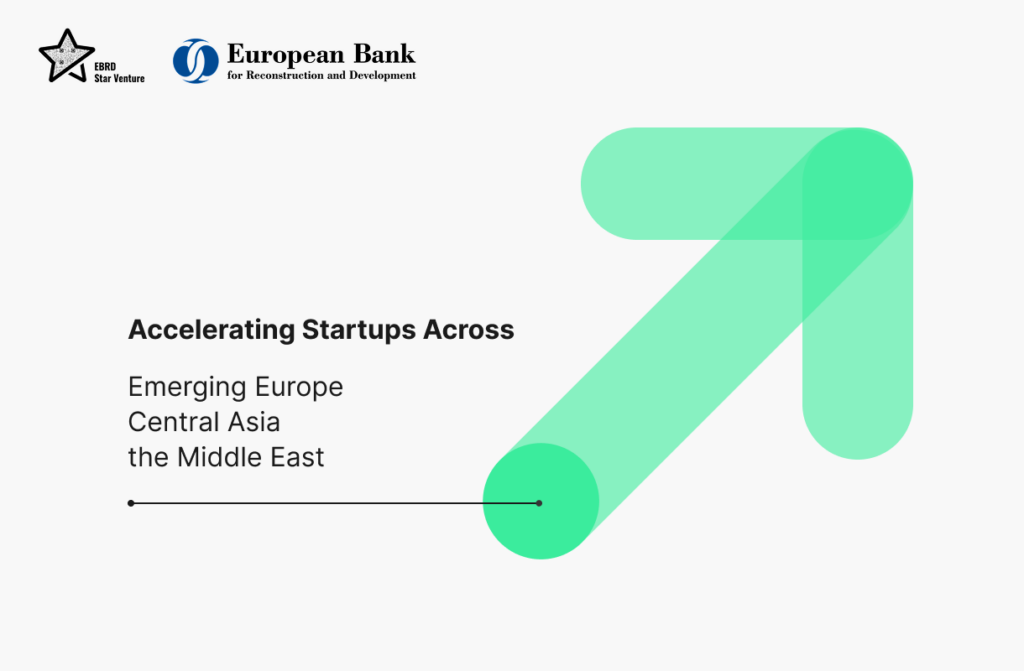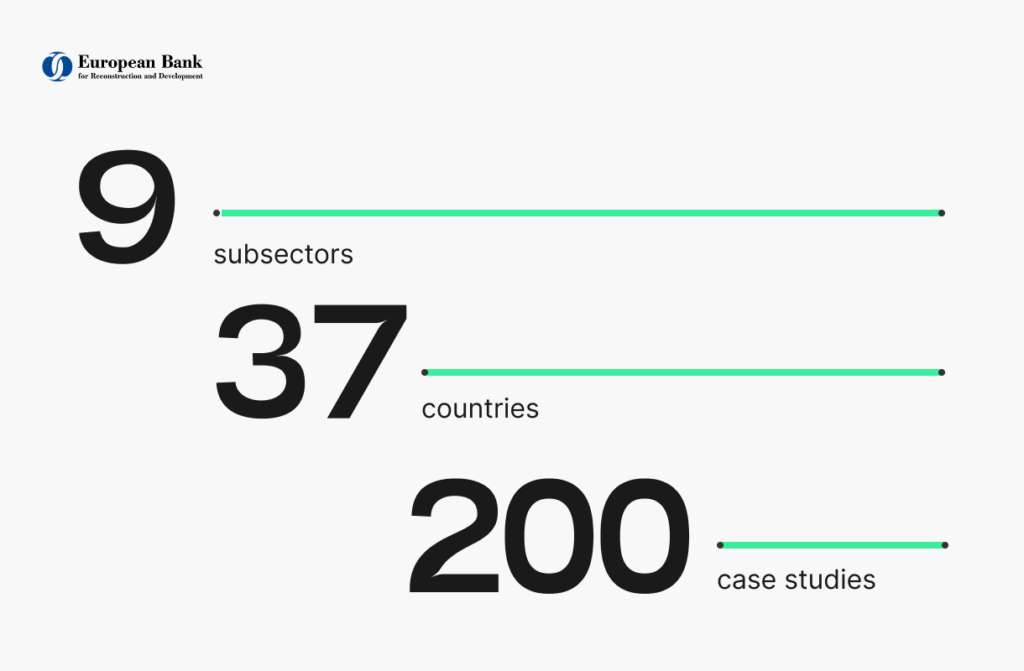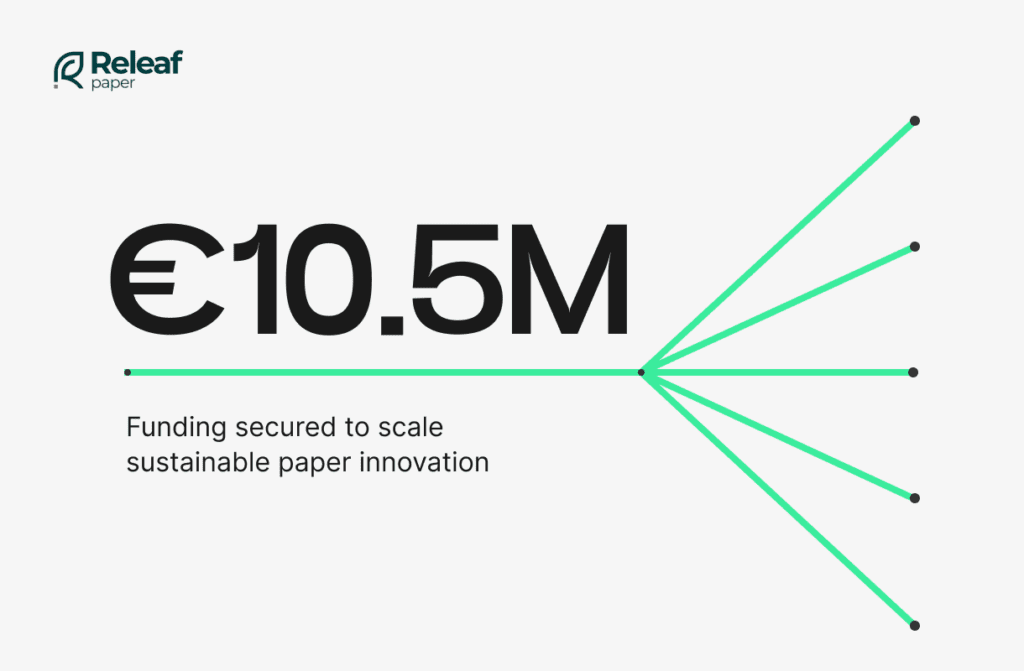Building Serbia’s capital markets
Client
World Bank GroupClient Overview:
World Bank Group is one of the world’s leading development organizations, working in over 100 countries to support economic growth and reduce poverty.
Through its Joint Capital Markets Program (J-CAP), the World Bank helps countries build stronger local capital markets. The goal is to make it easier for businesses and governments to access long-term funding in local currency — reducing the reliance on foreign-denominated loans and making economies more stable.
J-CAP is active in more than nine countries, including Serbia, where it works with local partners to create better conditions for investment, support financial innovation, and encourage private sector growth.
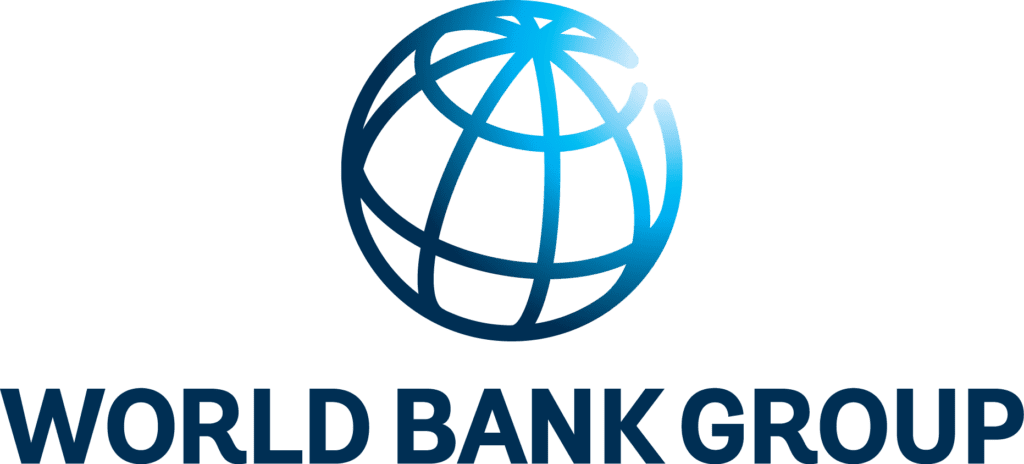
The Challenge:
The main goal of the project was to identify a group of Serbian companies that could realistically issue corporate bonds in the local currency. At the same time, the project aimed to better understand the key obstacles holding back both companies (the supply side) and investors (the demand side) in Serbia’s corporate bond market.
This work is especially important because Serbia’s capital market was still in the early stages of development. Corporate bond activity was minimal, most businesses relied on Euro-denominated bank loans, and there was limited involvement from institutional investors like pension funds and insurance companies.
A few major challenges stand in the way:
- The market was generally illiquid, and many investors remained skeptical.
- Potential issuers often lacked awareness or experience with corporate bonds.
- There were few legal or financial incentives to encourage wider investor participation.
- Issuing bonds could’ve been costly and complicated, discouraging companies from exploring this option.
Overcoming these barriers was essential to help grow Serbia’s local capital market and give businesses more options for sustainable, long-term financing.
Our Approach:
To better understand Serbia’s potential for local currency corporate bonds, Civitta carried out a comprehensive Prospects Study, focusing on both the issuer (companies) and investor sides of the market.
- We began with desk research on Serbia’s legal, regulatory, and economic landscape, identifying 429 companies by revenue and profitability. From this, we shortlisted 22 strong candidates — including five with potential for €50M in public bond placements.
- To support this analysis, we developed and applied several tools:
Financial modeling: We used the net debt/EBITDA ratio to simulate how each company’s financials would look post-bond issuance.
Industry mapping: We leveraged Orbis and PKS Partner databases to better understand sector trends and positioning.
Governance & ESG assessment: We evaluated companies’ internal capabilities and ESG readiness using clear criteria — such as having a CFO, audited financial statements, participation in sustainability initiatives, and involvement in ESG-related networks. - We collaborated closely with the World Bank and IFC to align goals and validate progress, while engaging key capital market stakeholders to capture the true dynamics of the Serbian market.
Results & Impact:
- Quantitative Outcomes: We identified 22 high-potential corporate bond issuers capable of €20–50M emissions. For each shortlisted company, we developed detailed financial, operational, and ESG profiles. We also gathered investor concerns and proposed solutions to help activate the market, including options like IFC partial guarantees.
- Qualitative Benefits: Through our work, we gained a deeper understanding of the market barriers such as interest rates, governance gaps, and regulatory challenges. We noticed a growing interest from companies in green and thematic bonds. We also uncovered latent demand among institutional investors, which depends on improved transparency and credit enhancement mechanisms.
- Long-Term Impact: Our study is now guiding technical assistance efforts under the World Bank’s Sustainable Long-Term Finance Facility (SFF) and Corporate Bond Issuer Program (CBIP). We have helped position Serbia for increased IFC and EBRD investments in local currency bonds and supported its goal to achieve an investment-grade sovereign rating by the end of 2024.
Key Takeaways:
- By combining our regional capital markets expertise with deep local data insights, we bridged complex financial analysis with practical policy advice. This allowed us to deliver actionable, market-sensitive recommendations to help develop the bond market.
- We found that a thorough mapping of both potential issuers and market weaknesses is crucial. Engaging companies unfamiliar with capital markets works best when communication is tailored to their specific needs and knowledge levels.
- Our approach can be replicated in other emerging markets facing similar challenges with local bond issuance. It’s especially relevant for J-CAP-style projects in regions like the Western Balkans, Central Asia, or parts of Sub-Saharan Africa, depending on the World Bank and IFC’s strategic priorities.

